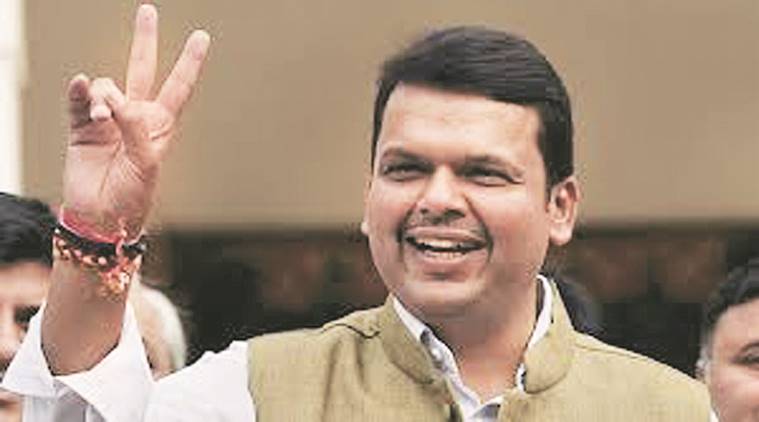Stay updated with the latest - Click here to follow us on Instagram
Govt involves youth in evolving public policies: Devendra Fadnavis
A committee comprising secretary-level officials and representatives from 11 colleges has been constituted to take such innovations by students forward
 Maharashtra Chief Minister Devendra Fadnavis (File Photo)
Maharashtra Chief Minister Devendra Fadnavis (File Photo)
On Maharashtra Day, Chief Minister Devendra Fadnavis provided a platform to the state’s youth for evolving public policies and participating in governance on issues such as drought-mitigation to combating corruption.
A committee comprising secretary-level officials and representatives from 11 colleges has been constituted to take such innovations by students forward.
To mark the day, Fadnavis on Monday interacted with thousands of youth from across the state on wide-ranging issues and saw presentations by students’ teams. At the end of a drought-mitigation presentation by students of IIT, Bombay, the chief minister wondered if they could extend their techno-model to monitor soil erosion from Jalyukta Shivar (water conservation) projects that have been completed.
“Today, we have 11,000 drought-free villages. But unless we maintain these structures, it would defeat the stated objective. What solution can you propose?” Fadnavis asked. According to the IIT team, “adopting the hydrological model to quantify land use along with drones, soil erosion can be measured and monitored. It can be applicable to the Jalyukta Shivar projects”. The chief minister also stressed on incorporating in their model apps to send out alerts.
Almost 11 teams representing professional colleges across the state offered suggestions and solutions to vexing problems, from smart cities to bridging the digital divide. Students of Vasantdada Institute of Architecture (Pune) presented a model to bring streetchildren into the mainstream. Stating that their model could cope with 3,000 children per year, it was pointed out that government intervention was must to tackle the 18 million children living on the streets.
Eliciting a positive response from the CM, the model was accepted with the government willing to extend it across the state. While stressing on bringing all transport-related offices under one banner and issuing of a single-ticket system, the team from College of Engineering (Pune) explained the lack of coordination within the multiple agencies, leading to chaotic transport systems in cities. Their emphasis was on an integrated transport model for effective operations. While agreeing to their suggestions, the chief minister urged them to factor in the revenue-sharing model commensurate with efficiency. For zero corruption, the VJTI (Mumbai) team stressed on making tender-screening parameters stringent, complete with budget.
The Tata Institute of Social Sciences stressed on generation of wealth through waste.







